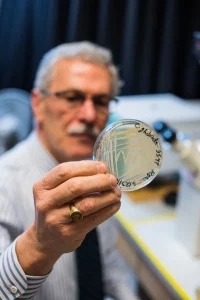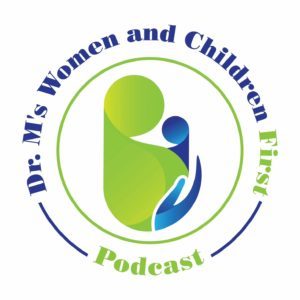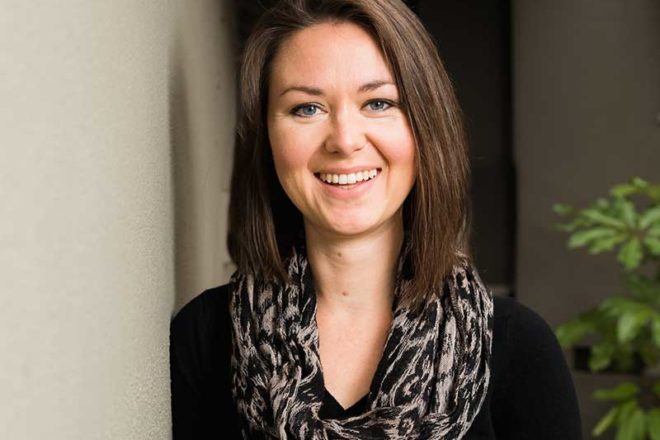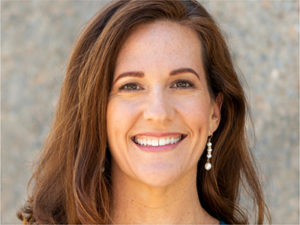
Podcast: Play in new window | Download


Podcast: Play in new window | Download


Podcast: Play in new window | Download


Podcast: Play in new window | Download


Podcast: Play in new window | Download
This week on the show, I sit down to put the recent four maternal/child health podcasts into perspective. How are these four experts tied together? We, again, examine the basic underpinnings of maternal health risks through the eyes of these thought leaders in preparation for the next series of discussions. Laying important foundations to build our health literacy upon, is critical in my mind. This show is also a way for the folks that are “on the go” to get a summary of the podcasts for their benefit.
Enjoy,
Dr. M


Podcast: Play in new window | Download


Podcast: Play in new window | Download


Podcast: Play in new window | Download
Dr. Tracy Shafizadeh is a nutritional scientist, speaker, and author with over 15 years of experience in scientific communications and life science research. Prior to serving as the Director of Scientific Communications at Evolve BioSystems, she led both product development and research services at various start-up life science companies, including Lipomics Technologies, Tethys Bioscience and Metabolon, Inc. Dr. Shafizadeh received her PhD in nutritional biology from UC Davis, studying intestinal development and folate metabolism in newborns.
Today, we spend the hour discussing the maternal and infant microbiome with respect to maternal breastmilk, human milk sugars and childhood outcome. Evolve Biosystems has produced a probiotic with excellent science to help guide us in new therapeutic discovery. We head to the beginnings of disease onset when the infant is only starting to take his or her first breaths.
I hope that you enjoy my conversation with Dr. Tracy Shafizadeh,
Dr. M